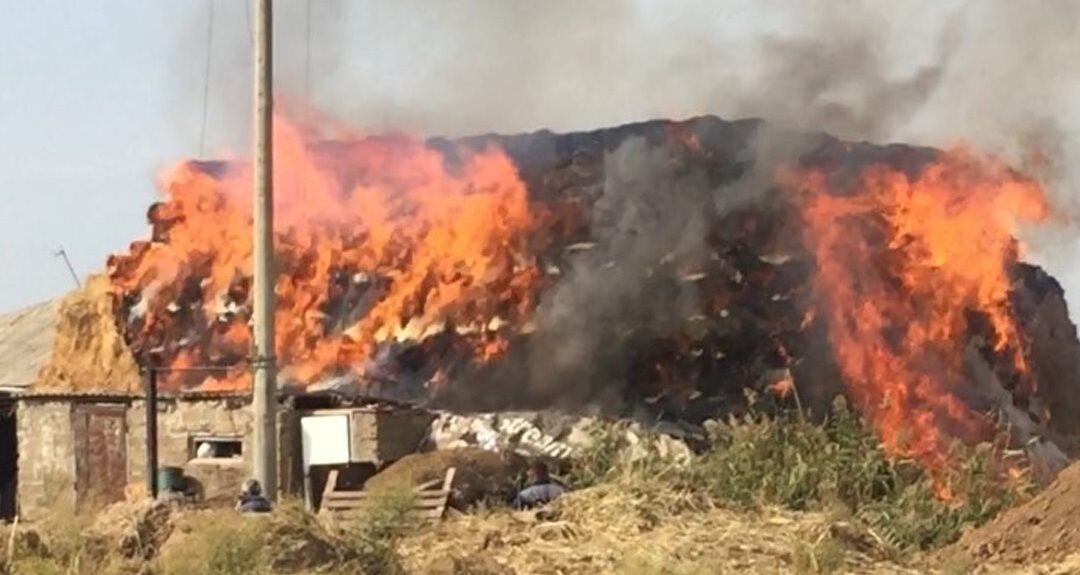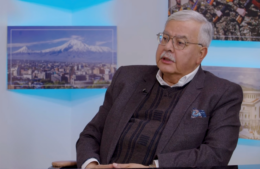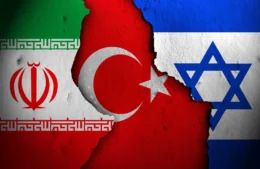Armenia’s Yeraskh village under Azerbaijani shelling day and night – Ombudsman
- (0)

Armradio – Yeraskh village of Ararat province is subjected to regular shelling by the Azerbaijani armed forces, both during the day and at night, Armenia’s Human Rights defender Arman Tatoyan alarms.
The village last came under shelling on October 15.
“The unruliness of the Azerbaijani servicemen has reached such a level that they set fire through intentional shootings to 8000 stacks of grass belonging to a resident of Yeraskh community. The entire winter stockpile, which the citizen had collected to feed his livestock, has been destroyed,” the Ombudsman said in a Facebook post.
Moreover, he said, the fire spread destroying the roof of the barn belonging to the citizen. The fire was extinguished only thanks to timely intervention of the firefighters.
“Taking into consideration that the Azerbaijani positions are located in the immediate vicinity of the village, it is obvious to Azerbaijani servicemen that their actions are harming the residents of the village, destroying their property, violating their rights to life and property, and disturbing their life and peace.” Tatoyan said.
He insists that the process of creating a demilitarized security zone around the borders of Armenia with Azerbaijan and the removal of the Azerbaijani armed servicemen form the vicinity of the villages and from the roads between the communities of Armenia should start immediately.
“The proposal of the Human Rights Defender of Armenia has already been included in an international instrument- in Resolution 2391 (2021) of September 27, 2021 of the Parliamentary Assembly of the Council of Europe (PACE). The Human Rights Defender will send relevant reports about this situation to international organizations, to the State bodies of Armenia, and to civil society organizations,” the Ombudsman said.
It is evident that the basis of these criminal harassments and the gross violations of human rights is the same: – the policy of Armenophobia and enmity, and of ethnic cleansing and genocide. This policy has institutional bases, and the violations will not end, and the security of the people will not be guaranteed unless the perpetrators are punished,” Arman Tatoyan concluded.



















